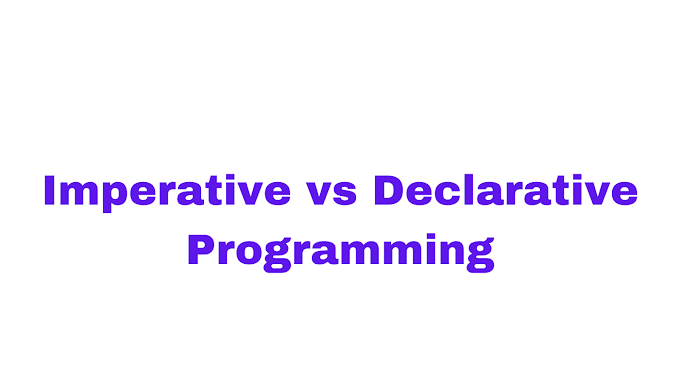Cloud computing is a model for delivering computing resources, such as storage, processing power, and software applications, over the internet. Instead of using local servers or personal devices, users can access and use shared resources on a pay-as-you-go basis.
There are several characteristics that define cloud computing and make it a popular choice for businesses and individuals. These include:
- On-demand delivery: Cloud computing resources are available on demand, allowing users to access them whenever they need them.
- Pay-as-you-go pricing: Cloud computing is typically charged on a pay-as-you-go basis, meaning users only pay for the resources they use.
- Scalability: Cloud computing resources can be quickly and easily scaled up or down to meet changing needs.
- Elasticity: Cloud computing resources can automatically adjust to changes in demand, allowing users to access additional resources when needed and release them when they are no longer needed.
- Resource pooling: Cloud computing resources are pooled from a large number of physical and virtual servers, allowing users to access a wide range of resources.
- Internet-based access: Cloud computing resources are accessed over the internet, allowing users to access them from anywhere with an internet connection.
- Virtualization: Cloud computing resources are typically virtualized, meaning they can be created and accessed through software rather than hardware.
- Multi-tenancy: Cloud computing resources are shared among multiple users, allowing for more efficient use of resources.
- Automated resource management: Cloud computing resources are managed and allocated automatically, allowing users to focus on their core business tasks.
- High availability and reliability: Cloud computing providers often have multiple redundant resources in place to ensure high availability and reliability.
- Disaster recovery: Cloud computing resources can be quickly and easily restored in the event of a disaster, helping to minimize downtime.
- Security and compliance: Cloud computing providers often have strict security and compliance measures in place to protect users' data and resources.
In summary, cloud computing is a flexible, scalable, and cost-effective way to access and use computing resources over the internet. It offers a wide range of benefits for businesses and individuals, making it a popular choice for many organizations.






![[Cupons] Paid udemy courses for free](https://blogger.googleusercontent.com/img/b/R29vZ2xl/AVvXsEgYa-f_8UEE95d9stpdRzq6_DUq19avn09M2CVWIuQGI_PwaZBMcNhuHmPZQsw81GMeWwUY2Q-Cr66RoAmMq1f_pok6pdv-W86qc9_wWSxqXEq_RHYyRY0Ldly_yi2DSfyed4Cxiks6Nbzp/w680/Paid+udemy+courses+for+free.png)





0 Comments
If you have any question please ask?